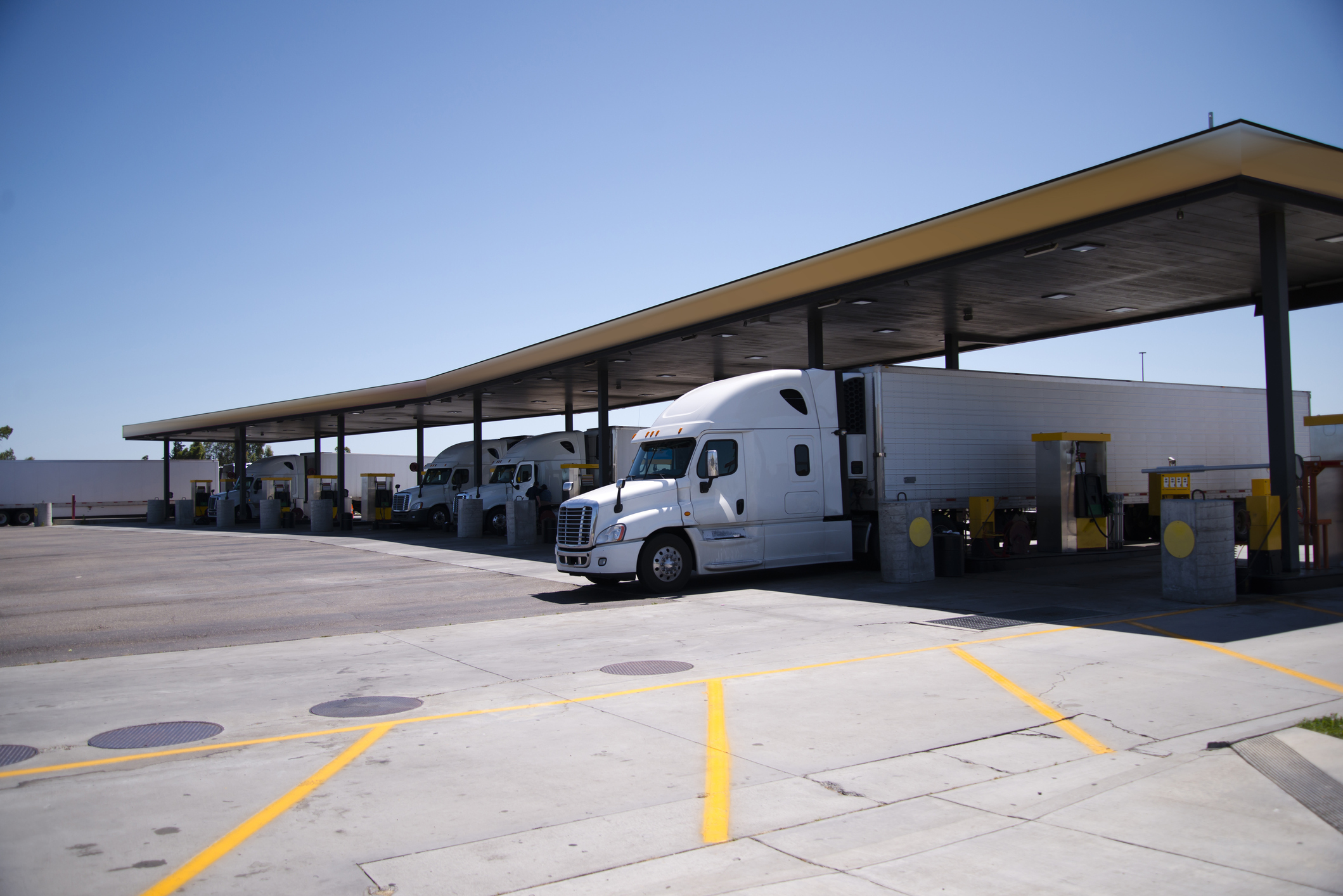How Retail Fuel Cards Reduce Costs

When it comes to operating costs for fleets, what a difference a year makes. In the 2020 calendar year, feet operating costs were lowered, as many fleet vehicles were idled because of the COVID-19 pandemic. That’s hardly the case for 2021, according to findings in Automotive Fleet’s 29th annual operating cost survey. So far this year, fleets have experienced an increase in operating costs in all expense categories across the board.
Among the survey’s findings:
- Fuel prices are at their highest in seven years.
- Tire expenses increased due to rising costs of the raw materials used in their manufacturing process.
- Maintenance costs have gone up as a result of an increase in unscheduled maintenance as vehicles are kept in service longer because of sourcing challenges for replacements.
- Preventative maintenance costs have increased due to the migration of original equipment manufacturer (OEM) to more expensive synthetic oils for newer vehicles.
Lower Fuel Costs, Lower Operating Costs
With fuel being the second-largest total cost of ownership after depreciation, managing fuel costs with a well-managed fuel program is crucial to keeping budgets on track and operating costs under control. On average, 60% of a company’s entire fleet operating budget is fuel.
Since January 2021, diesel and gasoline prices have risen consistently, resulting in a 34% increase in fuel expenses and a rise in the overall cost of fleet operations. But there is good news. There’s been a decrease of 3.63% in the number of gallons purchased compared to the same time last year.
The reason for the decrease is fleets employing various strategies in their fuel programs to reduce fuel use. These include using telematics for route optimization, providing drivers’ feedback and coaching on fuel efficiency best practices when operating their vehicles, and using retail fuel cards for purchases.
For our purposes here, let’s look at retail fuel cards — the basics and the benefits — and how they can help lower fuel costs, fuel use, and overall operating costs.
What are retail fuel cards?
A retail fuel card allows drivers to make fuel and maintenance purchases within a network of fueling locations. Fuel cards help fleet managers and owners gain greater control over purchases. They also provide consistent savings beyond savings at the pump. Fleet managers can track purchases in real-time, set spending controls, identify fraud or misuse, audit expenses, automate reporting, and take advantage of discounted fuel prices or other rebates.
How Do They Work?
Instead of using cash, debit card, or credit card, drivers or other authorized users can use a retail fuel card to pay for fuel or other approved transactions within their fuel card’s network of partnered gas stations or truck stops.
What are the Benefits?
Whether your fleet is a few vehicles or several hundred, retail fleet cards can provide numerous benefits, including:
Fuel Savings
Using retail fuel cards can provide significant savings with offers varying by card program and location. For example, some programs offer discounts off the per-gallon fuel price, some offer discounted cash prices at the point of sale, while other programs offer monthly rebates.
Better Security and Control
Unlike traditional credit or debit cards, retail fuel cards offer adjustable spending controls that give fleet managers and owners complete control over purchases. The most common controls are daily transaction limits, daily gallon limits, the type of purchases that can be made, and where and when purchases can be made.
Controls can be adjusted for individual drivers. Suppose a driver tries to use their card against a set control, for example, purchasing a snack when the control is set for fuel purchases only. In that case, the fleet manager receives an alert and can take immediate action. With rules in place, unauthorized fuel spending or fraud is kept at a minimum — helping to maximize cost savings.
Real-Time Visibility/Data Capture Reporting/Streamlined Accounting
Retail fuel cards provide real-time data that’s accurate, detailed, and customized regarding the details of each purchase. You can find details such as the driver who made the purchase, odometer reading, sales tax, and time/place of purchase. Knowing these details, fleet managers have the data needed to quickly identify problem areas and make improvements that help control fuel use, fuel spending, and improve operational efficiencies.
Additionally, online reporting reduces administration time. With no receipts to chase down and manage or reimbursement payments to track, fleets managers can concentrate on core responsibilities that increase profitability and growth.
Before Jumping on Board…
There’s no shortage of retail fuel card providers in the marketplace, each with various options, fees, and features. To get the most significant ROI from your program, first determine your needs and long-term goals. Next, talk to various providers about how they can meet your needs and goals. Look for someone you can trust and feel comfortable with and make sure to cover these areas:
- Location and acceptance
- Pricing and fees
- Purchase controls
- Data and reporting capabilities